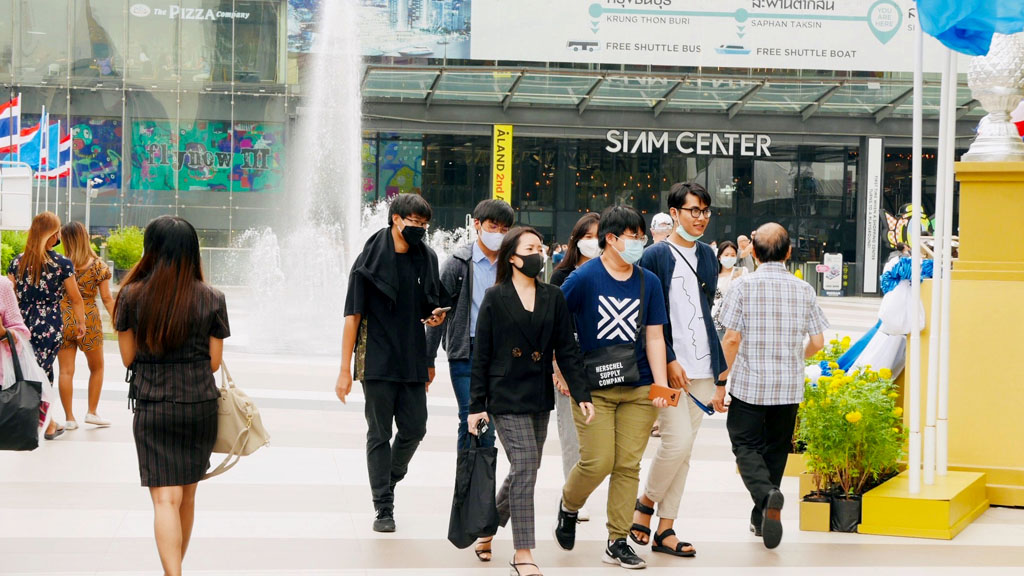
Q&A on ADB’s COVID-19 Assistance to Thailand
1. How is ADB helping Thailand respond to the coronavirus disease (COVID-19) pandemic?
ADB’s $1.5 billion COVID-19 Active Response and Expenditure Support (CARES) Program provides budget support for the government’s COVID-19 response, which includes several fiscal and monetary measures, such as cash payments for those most affected by the pandemic.
The CARES program also includes a high-level policy dialogue between ADB and the Thai government on how to address the economic, health, and social impacts of the COVID-19 pandemic. Two events were held in August and December 2021. During these events, the government and ADB representatives discussed how the government’s fiscal and policy measures had helped address the pandemic’s impacts among poor and vulnerable groups through activities financed by the emergency decree.
That includes financial support to 1 million village health volunteers to monitor, control, and prevent COVID-19 in their communities, payments for COVID-19 testing and treatment for Thai citizens under the National Health Security System, and cash handouts to people with special needs, welfare cardholders, and agricultural workers. They also discussed a number of areas where ADB and Thailand could collaborate to build knowledge that supports the post-pandemic recovery, such as domestic resource mobilization, green finance, health services, and tourism.
The CARES program is part of the government’s 1 trillion baht ($30.4 billion) emergency decree, which allows the Ministry of Finance to raise loans to support the economic and social recovery from the impacts of COVID-19. As of 30 September 2021, the government had disbursed 87.5% of its emergency assistance package. The government also launched several new financial aid schemes to reduce the utility bills of households and small businesses and the cost of education, among others.
2. What knowledge-building activities could ADB and the government undertake through the CARES program?
ADB plans to work with the Thai government to build knowledge on emerging social and economic issues in the country amid the COVID-19 pandemic. Topics may include:
- How to support the country’s economic recovery from COVID-19, including through domestic resource mobilization, the digital economy, tourism, and labor force transformation.
- How to strengthen Thailand’s efforts to build a green economy, support the country’s inclusive and sustainable growth, and address gender and social issues heightened by the pandemic.
- How to assess public health preparedness for future pandemics.
3. How is ADB assisting Thailand in sharing with other Southeast Asian countries its experiences and best practices on the COVID-19 response?
ADB is working with Thailand to share its COVID-19 experiences and practices with other countries through regional initiatives such as the Association of Southeast Asian Nations (ASEAN), the Greater Mekong Subregion Economic Cooperation Program (GMS), and the Indonesia–Malaysia–Thailand Growth Triangle (IMT–GT). ADB will also work with Thailand on multi-country events organized by ADB, such as the Southeast Asia Development Solutions (SEADS) Knowledge and Innovation Platform and the Policy Actions for COVID-19 Economic Recovery (PACER) Dialogues. Knowledge sharing may include:
- How Thailand uses social protection schemes to help stabilize the workforce and reduce worker vulnerability to the economic and social impacts of COVID-19.
- How Thailand uses digital technology to respond to the pandemic.
- How Thailand’s approach to engaging with the general public and the private sector lessened the impacts of COVID-19.
This was first posted on the ADB website.
